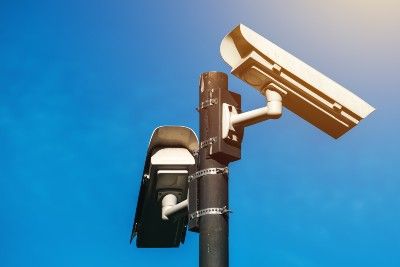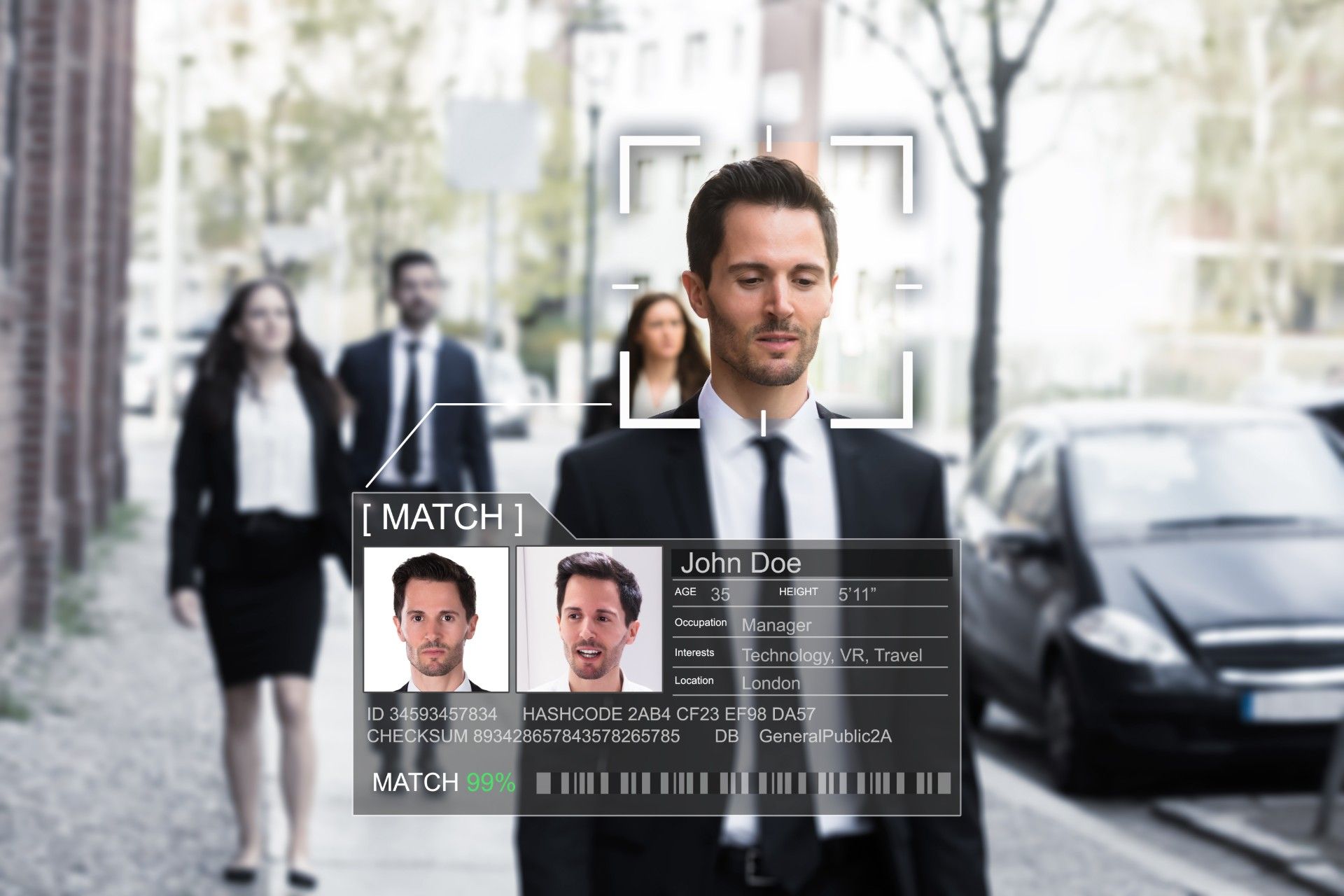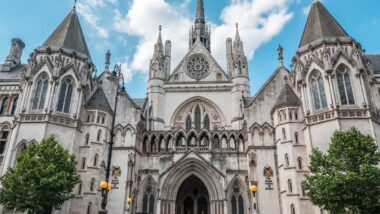Top Class Actions’s website and social media posts use affiliate links. If you make a purchase using such links, we may receive a commission, but it will not result in any additional charges to you. Please review our Affiliate Link Disclosure for more information.
In the Court of Appeal, automatic facial recognition technology used by the South Wales Police has been found illegal.
The South Wales Police have been found in breach of the public’s privacy rights after using automatic facial recognition to help identify persons of interest, according to CNBC. The automatic facial recognition works by scanning unknowing pedestrians and comparing their faces to suspects in databases.
The U.K. is highly surveilled, with one camera to every 11 people, according to Fortune, and authorities in many places have begun putting CCTV cameras to work to find police suspects. However, the South Wales Police facial recognition technology has been deemed to be wrongfully breaching privacy rights.
The judgment of the Court of Appeal is a monumental one. The ruling came down Tuesday when three judges found the South Wales Police guilty of breaching privacy, data protection and equality laws by using the facial recognition technology.
The Court specifically examined two situations in which the facial recognition software was used. In total, the facial recognition technology was implemented around 50 times between May 2017 and April 2019.
According to BBC, the automatic facial recognition used by South Wales Police works by mapping existing police photos in a database.
People’s faces are unknowingly mapped by surveillance systems that scan facial features. Then, the faces are compared with suspects in the police database. Photos of people’s faces can be stored for weeks.
Civil liberties campaigner Ed Bridges brought the case to court, claiming that being analysed by the facial recognition software caused him distress, the BBC reported.
Bridges claims to have been scanned by the automatic facial recognition software used by the South Wales Police while Christmas shopping in 2017.

The South Wales Police established Bridges has never been a person of interest. According to Bridges, the facial recognition software violated his human rights by scanning him without his consent.
According to Article 8, regarding privacy rights, police or other authorities can only impede on a person’s privacy if they have adequate evidence to back up doing so, like in instances of stopping crime or protecting the nation’s security.
Bridges says he is happy with the ruling.
Bridges’ lawyer, Megan Goulding, called the Court of Appeal’s ruling a “major victory,” the BBC reported.
The Court of Appeal found that the U.K. privacy regulator had no apparent guidance on automatic facial recognition used by the police to find suspects and ruled that the South Wales Police’s automatic facial recognition technology was inadequate because the police force did not take action to identify if the technology used racial or gender biases when analysing people.
It is said to be well known that AI algorithms for facial recognition are often innately biased, as they have a higher likelihood to wrongly identify women and darker-skinned individuals, according to Fortune.
South Wales Police stated they will not file an appeal over the rulings, according to the BBC.
Bridges says the South Wales Police have been using facial recognition for three years without the public’s consent, and he believes everyone has the right to use public spaces without being scanned by facial recognition technology.
“The Court has agreed that this dystopian surveillance tool violates our rights and threatens our liberties,” Goulding stated, according to Liberty Human Rights. “Facial recognition discriminates against people of colour, and it is absolutely right that the Court found that South Wales Police had failed in their duty to investigate and avoid discrimination. It is time for the Government to recognise the serious dangers of this intrusive technology. Facial recognition is a threat to our freedom – it needs to be banned.”
The new ruling might initiate major overhauls for the guidelines authorities need to follow. The government has been criticised for not keeping the surveillance camera guidelines current.
How do you feel about the police using facial recognition technology? Let us know in the comments.
Check back daily for the most recent U.K. class action lawsuit and consumer protection news.
Read More Lawsuit & Settlement News:
UK Admits Test and Trace Programme Violates Privacy Law
Member, Patient Information May Have Been Exposed in British Dental Association Breach
Volkswagen Loses Appeal In ‘Dieselgate’ Class Action Lawsuit
Avacade, Alexandra Associates and Their Directors to Pay Consumers Over £10M In Restitution
ATTORNEY ADVERTISING
Top Class Actions is a Proud Member of the American Bar Association
LEGAL INFORMATION IS NOT LEGAL ADVICE
Top Class Actions Legal Statement
©2008 – 2024 Top Class Actions® LLC
Various Trademarks held by their respective owners
This website is not intended for viewing or usage by European Union citizens.















